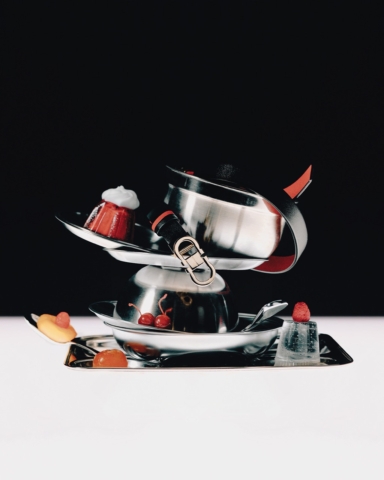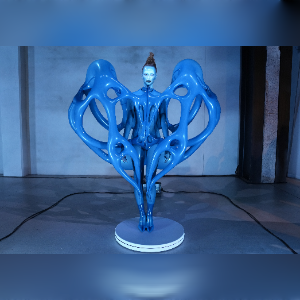Too Hydrated?
By Jo Phillips
Do you know the common symptoms of over-hydration? Everyone has heard the adage that you should drink at least 8 glasses of water each day to avoid dehydration problems, such as headaches, dry skin, and fatigue. Is it possible to be too hydrated?
Yes, you can hydrate too much. Water and electrolytes such as sodium, potassium, calcium, chloride, and magnesium are all delicate to the human body. This includes muscle function, blood and heart rhythm, and many other things.
If you don’t drink enough water, your equilibrium is disrupted, thus it makes sense that if you drink too much water, the balance will be disturbed in the opposite direction. Over-hydration is when your electrolyte levels are unbalanced, and sodium levels drop, leading to problems with the heart and nervous system.
What happens if you over hydrate?
Over-hydration symptoms are difficult to detect, although they frequently include nausea, vomiting, headaches, and mental impairment. These symptoms may become more severe if your blood pressure drops dangerously low, leading to muscle weakness, seizures, or even unconsciousness.
Over-hydration isn’t as rare as you might believe, and it is certainly a major problem that can kill you. However, there have only been 14 documented instances of confirmed over-hydration deaths, all of which were among athletes.
How does over-hydration happen?
The primary causes of over-hydration are increased water intake (when you ingest more water than your kidneys can process) and water retention (when your body isn’t able to remove enough water).
Over-hydration can be caused by a variety of factors, but each one is as dangerous as the other. Athletes are the most susceptible group to drink too much water, in addition to those who are taking medications that stimulate thirst (such as ecstasy and antipsychotic medicines).

Excess water retention might also be caused by a variety of other medical issues, including liver disease, kidney problems, and uncontrolled diabetes.
How do I stay perfectly hydrated?
According to the research, drinking eight glasses of water each day is a safe bet. The Institute of Medicine has stated that an average healthy adult requires 9-13 cups of liquid per day. However, this is dependent on a person’s age, season, and physical activity. There isn’t a specific goal to shoot for.
The best approach to stay properly hydrated is to follow your instincts. Thirst signals are an excellent indicator that you’re not drinking enough, and your body usually knows how to communicate with you when it’s time to hydrate
The most common condition is dehydration, so check the colour of your urine to see whether you’re getting enough fluids. The colour of your urine has a huge impact on how clean you appear. A pale yellow hue is ideal, but darker urine indicates that you need to drink more water. You may be drinking too much if your pee is always clear.
The greatest and most efficient answer to either dehydration or over-hydration is to simply change your water intake. If you’re dehydrated, drink some water; if you think you may be over-hydrated, don’t drink anymore for a few hours.
However, if you’re suffering from dehydration symptoms, such as headaches, dizziness, or nausea, a rehydration solution like Dioralyte may assist (which you can buy now from an online pharmacy!) If you’re frequently feeling parched, however, it’s time to visit the doctor; this might be an indication of underlying health concerns.
.Cent magazine London Be Inspired: Get Involved



